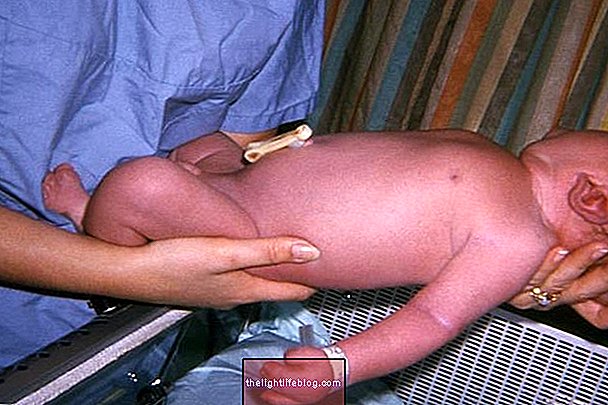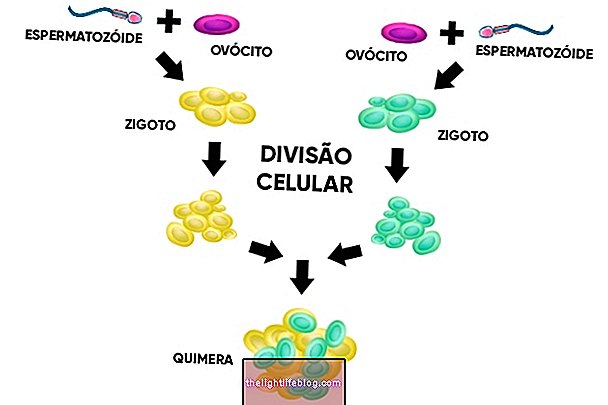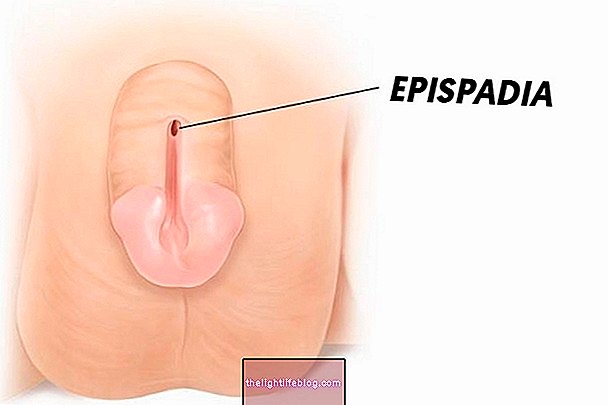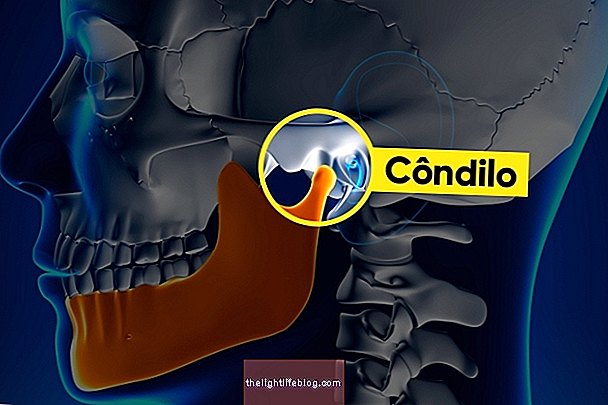The treatment for Ménière's syndrome should be indicated by the otorhinolaryngologist and usually involves changes in habits and use of some medications that help to reduce vertigo, such as Dimenidrato, Betaístina or Hidrochlorothiazida, for example. However, in cases where these remedies do not have the proper effect, it may be necessary to resort to surgery.
Ménière's syndrome is a disease that causes dysfunction of the inner ear and, although there is no cure, it is possible to resort to various types of treatments to improve symptoms and prevent the disease from worsening. Learn more about Ménière's syndrome.
The treatment of Ménière's syndrome must be guided by the doctor and consists of:
1. Use of medicines

The remedies most used to treat Ménière's syndrome should be indicated by the doctor, and include:
- Antiemetics, such as Meclizine, Dimenhydrate, Promethazine or Metoclopramide: they are used at the moment of the crisis, as they are drugs that, in addition to treating nausea, reduce vertigo caused by movement;
- Tranquilizers, such as Lorazepam or Diazepam: they are also used during crises to reduce the feeling of dizziness and vertigo;
- Diuretics, such as Hydrochlorothiazide: are usually indicated to reduce the frequency and intensity of vertigo attacks, as they work by decreasing the accumulation of fluids within the ear canals, which is a probable cause of the disease;
- Anti-vertigo, such as Betaistin: used continuously to control and reduce the symptoms of vertigo, nausea, tinnitus and hearing loss.
In addition, other classes of drugs, such as vasodilators, may also be indicated to improve local circulation, as well as corticosteroids and immunosuppressants, as a way to regulate immune activity in the ear region.
2. Natural treatment

The first step in treating Ménière's syndrome is with changes in habits, as they are ways of reducing the number and intensity of crises.
Thus, one of the best natural ways to relieve and prevent the onset of symptoms associated with Ménière's syndrome is to eat a diet with little or no salt. This is because the body retains less water, decreasing the amount of fluid in the ear that can cause dizziness and nausea.
The Ménière's syndrome diet consists of:
- Replace salt with aromatic herbs;
- Avoid industrialized products;
- Avoid eating salty foods, such as ham or cheese;
- Opt for grilled or roasted food, to avoid sauces with too much salt.
In addition, it is indicated to reduce the consumption of alcohol, caffeine and nicotine, as they are irritating substances to the structures of the ear. Stress should also be avoided, as it negatively stimulates the nervous system and can trigger new crises.
Check out more details about feeding for Ménière's syndrome in the following video:

3. Physiotherapy

Physiotherapy is very important for those who suffer from this disease, and is called vestibular rehabilitation therapy. In this treatment, the physiotherapist can recommend exercises that can help to reduce the symptoms of dizziness and imbalance, improving sensitivity to movement, as well as making safety recommendations for the person to use in times of crisis.
4. Use of medications in the ear

The use of medication in the ear is indicated when the other treatment methods have not been effective. Thus, some medications can be administered directly to the tympanic membrane to reduce vertigo symptoms, the main ones being:
- Antibiotics, such as Gentamicin: it is an antibiotic that is toxic to the ear and, therefore, it reduces the activity of the affected ear in the control of balance, transferring this function only to the healthy ear;
- Corticosteroids, like Dexamethasone: it is a corticoid that reduces inflammation of the ear, reducing the intensity of attacks.
This type of treatment can only be done in the office of an ENT specialist specialized in the treatment of problems such as Ménière's syndrome.
5. Surgery

Surgery is also only indicated in cases where other forms of treatment have had no effect in reducing the frequency or intensity of the attacks. Some options include:
- Decompression of the endolymphatic sac, which relieves vertigo by decreasing the production of fluid or increasing its absorption;
- Section of the vestibular nerve, in which the vestibular nerve is cut, solving vertigo problems without impairing hearing;
- Labyrinthectomy, which solves the problems of vertigo but also causes deafness, so it is only used in cases where there is already hearing loss.
The best method is indicated by the otorhinolaryngologist, according to the main symptoms presented by each person, such as hearing loss or dizziness.
Was this information helpful?
Yes No
Your opinion is important! Write here how we can improve our text:
Any questions? Click here to be answered.
Email in which you want to receive a reply:
Check the confirmation email we sent you.
Your name:
Reason for visit:
--- Choose your reason --- DiseaseLive betterHelp another personGain knowledge
Are you a health professional?
NoMedicalPharmaceuticalsNurseNutritionistBiomedicalPhysiotherapistBeauticianOther





















